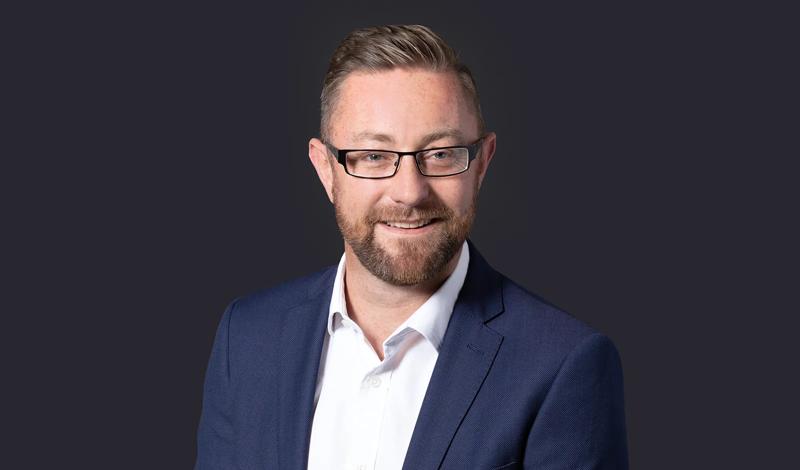Court of Appeal upholds decision that AI machines cannot be ‘inventors’
This article was first published by The Patent Lawyer
Thaler v Comptroller General of Patents Trade Marks And Designs [2021] EWCA Civ 1374
The Court of Appeal has held that an artifical intelligence (AI) machine cannot be named as the ‘inventor’ of a patent, because it is not a ‘natural person’, and is therefore also incapable of transferring the right in that patent to a person.
The judgment, handed down on 21 September 2021, concerned patent applications in respect of inventions made by ‘DABUS’, an AI ‘creativity machine’ created by Dr. Stephen Thaler. Dr. Thaler, as the applicant for the patents, had listed DABUS as the inventor and himself as having the right to be granted the patents by way of his ownership of DABUS.
In December 2019, the IPO had deemed the applications to be withdrawn because Dr. Thaler’s statement of inventorship did not satisfy the relevant requirements.
Dr. Thaler’s appeal to the High Court was unsuccessful: Marcus Smith J interpreted the Patents Act 1977 as requiring that the inventor be a “natural person”, and held that DABUS would have been incapable of transferring the property right in the patent in any case.
Dr. Thaler appealed again to the Court of Appeal, where the majority of judges upheld the decision of the High Court.
All judges agreed that the 1977 Act had been “drafted on the footing that the inventor is a person...who actually devised the invention”. As “[m]achines are not persons”, machines have “no right to be mentioned as the inventor” on a patent.
However, the court differed on the interpretation of section 13(2), which requires the applicant to:-
(a)identify the “person or persons whom he believes to be the inventor or inventors”; and,
(b)where the applicant is not the sole inventor, indicate “the derivation of his...right to be granted the patent”.
Birss LJ, dissenting, was of the view that the former is satisfied where the applicant provides their “genuine belief”, and the latter where the applicant gives “an indication of the derivation of this right to be granted the patent”. These details are provided by the applicant for informational purposes only, and the Comptroller is not entitled to examine the factual correctness of this information. If a third party believes that this information is incorrect, they can bring proceedings under sections 8 or 37 of the 1977 Act; in the meantime, the applicant is deemed to have complied with section 13(2).
Arnold LJ (with whom Laing LJ agreed) agreed that section 13 did not permit the Comptroller to evaluate the accuracy of the information supplied by the applicant, but held the applicant must still at least comply with the requirements of section 13. Dr. Thaler had not, held Arnold LJ, identified the “person or persons” whom he believed to be the inventor, as DABUS is a “non-person”; whether Dr. Thaler genuinely believed that DABUS was the inventor was irrelevant. Similarly, Dr. Thaler did not identify the derivation of his right to be granted the patent: he had simply stated that he was entitled to the patent by virtue of his ownership of DABUS, which Arnold LJ held was incorrect “as a matter of law”. The Comptroller had therefore been entitled to treat the application as withdrawn.
This case was not about the “glamour” (as Birss LJ put it) of questions such as whether AI-based machines can make patentable inventions. It was actually a case about the correct way to process patent applications.
Given that context, the decision is unsurprising: as stated repeatedly by the judges, the court must consider the “present state of the law”, rather than argue about “what the law should be”. Whether or not one believes machines ought to be capable of being named inventors, to account for recent developments in technology, UK patent law does not appear, in its current state, to provide such flexibility.
Alongside his applications to UK courts, Dr. Thaler has raised similar proceedings in various jurisdictions around the world, receiving mixed results. Although the European Patent Office previously rejected his application (links here and here), as did the US Patent and Trademark Office (link), Dr. Thaler’s applications have since been successful in Australia (link) and South Africa (link) (albeit it under different statutory frameworks).
In light of the split judgment and Dr. Thaler’s partial success in other jurisdictions, it may well be that these questions are appealed further to the Supreme Court.
Contact

Mark Daniels
Partner
mark.daniels@brownejacobson.com
+44 (0)121 237 3993







































